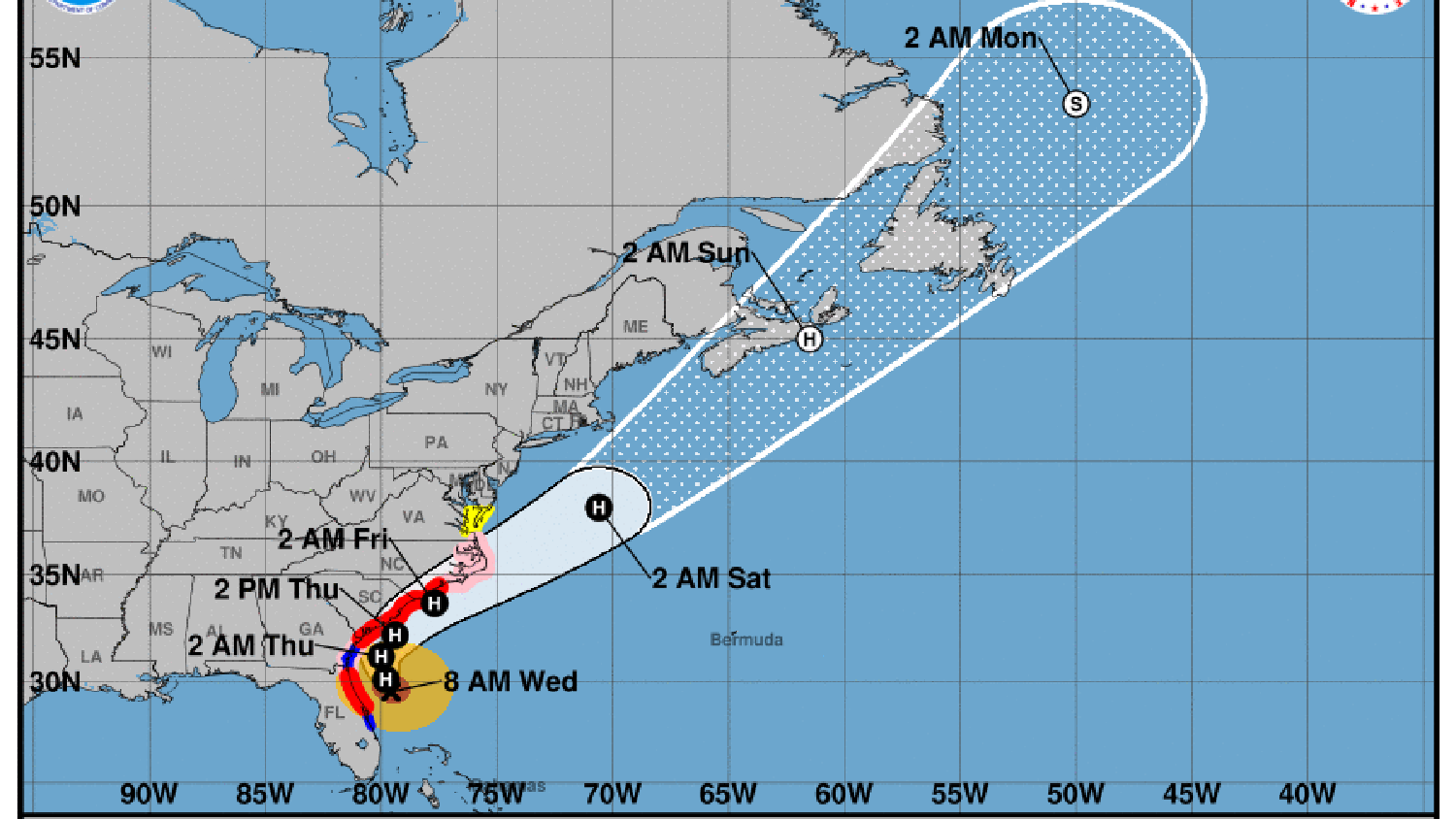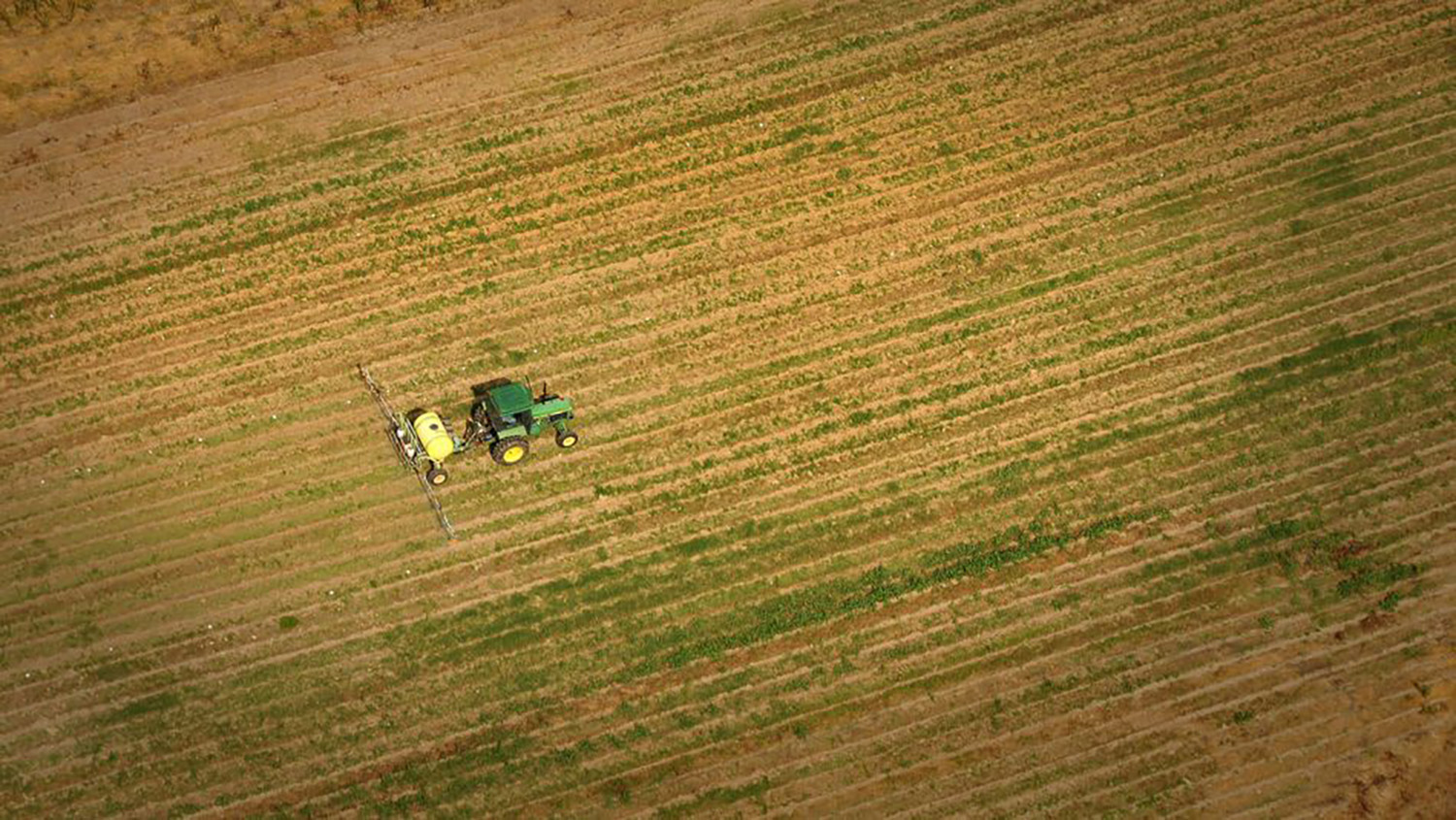Experts Can Discuss Hurricane, Flood, Recovery Issues

For Immediate Release
As Hurricane Dorian churns in the Atlantic, media looking for information on a variety of hurricane and flood topics can contact the following North Carolina State University experts:
Coastal Damage
North Carolina Sea Grant’s Spencer Rogers is an expert in hurricane-resistant coastal building techniques and erosion control. Rogers is stationed in Wilmington, N.C. He can be reached at 910/620-0590.
Storm Surge Modeling
Casey Dietrich, assistant professor of civil, construction and environmental engineering, is an expert on how computational models can be used to predict storm surge and related impacts during hurricanes. He can be reached at 919/515-5277 or jcdietri@ncsu.edu.
Traffic System and Highway Infrastructure Impacts
George List, professor of civil, construction and environmental engineering, is an expert on transportation and logistics infrastructure who can discuss the potential effects of hurricanes on traffic systems and highway infrastructure. He can be reached at 919/515-8038 or gflist@ncsu.edu.
Flood Control
Sankar Arumugam, professor of civil, construction and environmental engineering, can discuss what authorities can do in regard to flood control if a hurricane comes inland. He can be reached at 919/515-7700 or sankar_arumugam@ncsu.edu.
Care for Pets and Animals During and After Disasters
David Eggleston, director of the Center for Marine Sciences and Technology, can speak about the impact that hurricanes can have on crab and fisheries populations along the eastern seaboard. He can be reached at 919/632-1720 or at eggleston@ncsu.edu.
Barrett Slenning, College of Veterinary Medicine director of agrosecurity and biopreparedness, can speak to large-animal care, emergency needs and biosecurity issues. He can be reached at 919/513-6324 or barrett_slenning@ncsu.edu.
Agriculture
Mike Yoder, associate director of NC State Extension, can address a range of issues related to both crops and livestock. He can be reached at 919/801-8243 or mjyoder@ncsu.edu.
Effects on Trees and Timber Resources
Robert Bardon, associate dean of extension and engagement in the College of Natural Resources, can discuss economic damage to the timber industry and any salvage operations. He can be reached at 919/515-5575 or rebardon@ncsu.edu.
Water Quality
Storm-related flooding can damage drinking water wells and lead to aquifer and well contamination. Direct human contact with floodwaters presents additional risks. Michael Burchell, a professor and department extension leader of biological and agricultural engineering, can discuss water-quality concerns in a disaster. He can be reached at 919/513-7348 or mrburche@ncsu.edu.
David Eggleston, director of the Center for Marine Sciences and Technology, can discuss a hurricane’s effects on ocean salinity and dissolved oxygen levels. He can be reached at 919/632-1720 or at eggleston@ncsu.edu.
Estuary Water Quality
Chris Osburn can talk about hurricane effects on ecosystems over time, including effects on estuaries – areas where rivers meet the ocean. Osburn’s research shows frequent hurricanes can cause lasting negative effects on estuaries, including increased algal blooms, fish kills and dead zones. He can be reached at 919/600-1386 or closburn@ncsu.edu.
Policy and Politics in Natural Disasters
Natural disasters are inherently political events. Policies can mitigate or exacerbate the effects of disasters, and problems with relief and recovery can become political crises. Tom Birkland, a professor of public policy, is an internationally known expert who does research on the effects of disasters on the resilience of communities and on their water, power, transport and telecommunications infrastructure. He can be reached at 919/513-1834 or tabirkla@ncsu.edu.
Reducing Natural Hazard Risk and Disaster Recovery
Gavin Smith is an internationally recognized expert on natural hazards, disasters and climate change adaptation. He served as a senior recovery advisor following Hurricane Matthew and led an initiative focused on assisting six hard-hit rural communities to tackle planning and design challenges that are not traditionally addressed by federal and state agencies. Following Hurricane Katrina, Smith worked in the Mississippi Office of the Governor, serving as the director of the Office of Recovery and Renewal. He also served as an advisor to Gov. Hunt following Hurricanes Fran and Floyd. He can be reached at 919/606-5578 or gsmith5@ncsu.edu.
Food Safety
Ben Chapman, a food-safety specialist and professor of agricultural and human sciences, can discuss how to prepare home and restaurant kitchens before a hurricane (keeping food safe, what to plan for) and post hurricane (how to assess if food is safe, what to throw out and keep in refrigerators), and safe meal preparation with no power or water. He can be reached at 919/515-8099 or 919/809-3205, or at benjamin_chapman@ncsu.edu.
Safety on Farms and With Generators
During times of adverse weather, generators can be used to provide electrical power, but if not operated correctly can be hazardous. Grant Ellington (919/515-6793 or grant_ellington@ncsu.edu), extension assistant professor of biological and agricultural engineering, can offer tips on using generators. He can also provide information on general farm safety.
Effects on Children and Parents
Kimberly Allen, associate professor and extension specialist of agricultural and human sciences, can discuss the effects of disasters – like hurricanes – on children and parents, and how to help parents assist their children in preparing for and recovering from a disaster. She can be reached at 919/515-9139 or kimberly_allen@ncsu.edu.
Hazards Adaptation
North Carolina Sea Grant’s Frank Lopez has expertise in planning. His current work includes consulting with coastal rural communities that are looking at resilience strategies in light of recent storms. He can be reached at 919/515-3012 or fmlopez@ncsu.edu.
Home Cleanup and Restoration
Sarah Kirby, professor and extension leader of agricultural and human sciences, can talk about a variety of topics on storm damage to homes, including cleaning and minor structural repairs. She can be reached at 919/515-9154 or sarah_kirby@ncsu.edu
Insects and Other Pests
Storms can displace insects and other wildlife, raising concerns about how to manage them in a storm’s aftermath. Entomologist Michael Waldvogel can discuss these topics; he can be reached at 919/515-8881 or mike_waldvogel@ncsu.edu
Impact on Local Wildlife
Chris DePerno, a professor of fisheries, wildlife and conservation biology, can discuss hurricane impacts on wild animals. He can be reached at chris_deperno@ncsu.edu or 919/513-7559.
On the Web
N.C. Cooperative Extension’s Disaster Information site can be accessed.
Sign up for a daily email from N.C. Cooperative Extension’s Disaster Information Center.
Food safety preparedness tips are available.
The Department of Entomology and Plant Pathology has compiled a web page on issues you might encounter in the wake of a hurricane.
-30-
- Categories:


